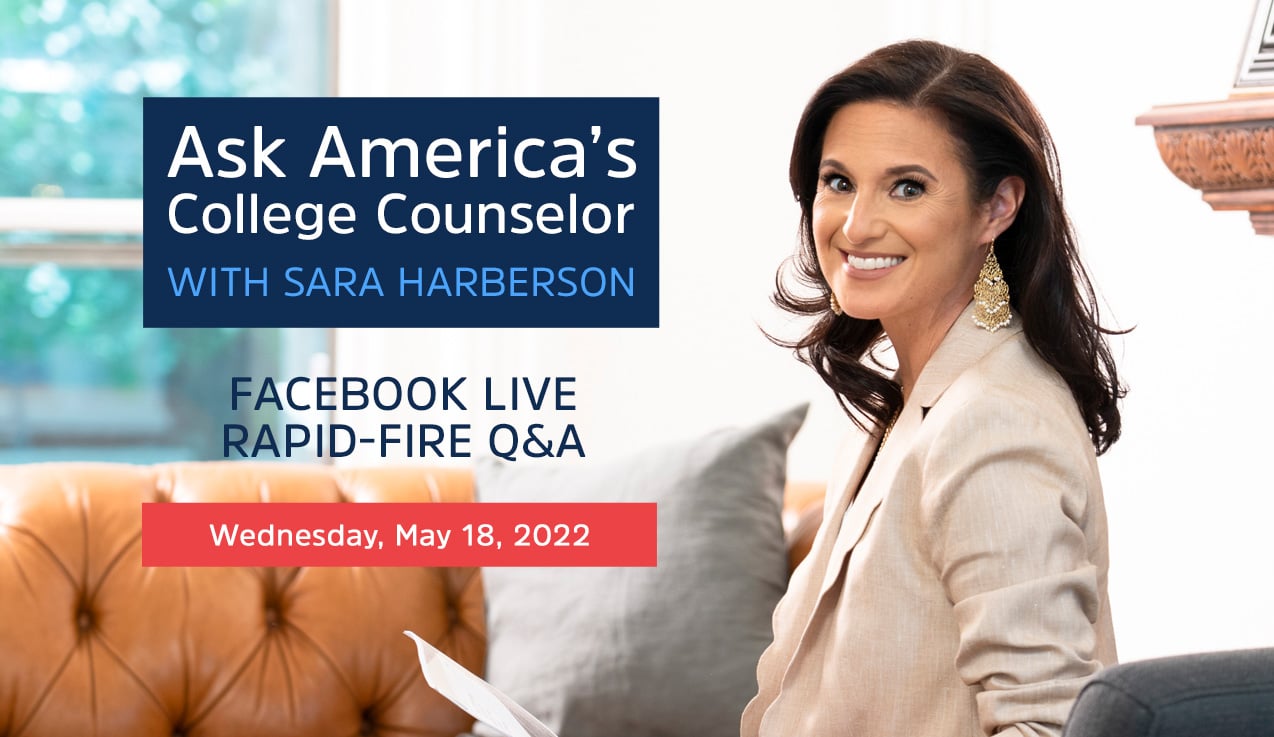One of my favorite sayings to my Application Nation students is "layer, don't hammer." This refers to the common mistake that many students make in their applications when a lot of repetitive themes and references show up in different sections of the application.
An example of hammering is if a student has an activity on their activities list, then writes their main essay about that activity, then one of their teachers spends a good chunk of the letter of recommendation focused on that student's role in the activity. By the time the admissions officer finishes their evaluation of that application, they don't want to hear or read about that activity ever again!
Hammering results in the application feeling one dimensional, monotonous, and uninteresting. Layering transforms the application into this dynamic, intriguing story that keeps unfolding for the admissions officer. The more they read, the more they learn about the student.
But layering is hard to control when it comes to letters of recommendation. Because students don't see their letters of recommendation before they are submitted, it's hard to know what counselors and teachers are saying about them.
RELATED READING: The Sure-Fire Way to Get Powerful Recommendation Letters
Here are five strategies (and a bonus tip!) to ensure that your letter-writers are saying something new, different, and illuminating about you:
1. If a brag sheet or a form is required, make sure you are filling out different ones for each letter-writer.
Just imagine if you fill out one form and it is shared with your counselor and both of your teachers writing for you. All three letter-writers could repeat the same themes, anecdotes, and details about you in each letter.
2. If a letter-writer asks you for a resume or a list of your activities, politely offer to provide them with other information besides this.
Remember, the student is responsible for reporting activities, not the letter-writers. The job of the counselor and teachers writing letters of recommendation is to provide their personal interactions with and impressions of the student, not repeat ad nauseam about the student's activities.
3. If a teacher insists on you providing information before they are willing to write a letter for you, put together an email and address the following:
- Why did you ask this teacher for a letter of recommendation?
- How did this class prepare you for what's next?
- Even if the subject matter of the class doesn't match up with the intended major, what skills did you gain from this class?
- What assignments or projects did you do for this teacher that made you grow the most as a student?
- What was your favorite unit that was covered in the class and why?
- What role did you play in the classroom? Even if you were a quiet participant, find something that you did that was critical to the classroom dynamic.
- What was the highlight of the class for you?
- What interactions have you had with this teacher in or out of class that showcase your positive traits? Remind the teacher of those moments that they observed you doing something positive.
4. Don't tell your letter-writers what you plan to write your essay about!
If they know, they might spoil the surprise and mention the topic in their letter. The main essay should be its own thing and reference something that is not mentioned anywhere else in the application for the biggest amount of impact.
RELATED READING: How (and When) to Start Your List of College Essay Topics
5. If your letter-writer asks you in writing or verbally to list three, four, five, or as many adjectives as you want to describe yourself, don't!
Adjectives are modifiers—they can't even stand on their own (or shouldn't!). If I never hear a student described as "intellectually curious," "well-organized," "diligent," "industrious," and "hardworking" ever again, I'll be happy! These are very common ways to describe students. If students use these terms to describe themselves, letter-writers will use them too. Use nouns instead, and your letter-writers will be just as intrigued as an admissions officer will be when reading them.
BONUS TIP: Avoid providing answers to questions about your weaknesses or challenges in the class.
Self-reflection is an important exercise for students. But admissions officers are looking for reasons to deny a student, not admit them. When a letter-writer comments on a student's weaknesses, the admissions officer will only pay attention to that.
Letters of recommendation provide counselors and teachers a rare opportunity to write about how special a student is in their own words. But if the letters turn into a recapitulation of themes, references, and stories that show up in other parts of a student's application, it is a missed opportunity. Help your letter-writers help you. Give them content that will not only make you stand out, but the letters of recommendation written for you.












